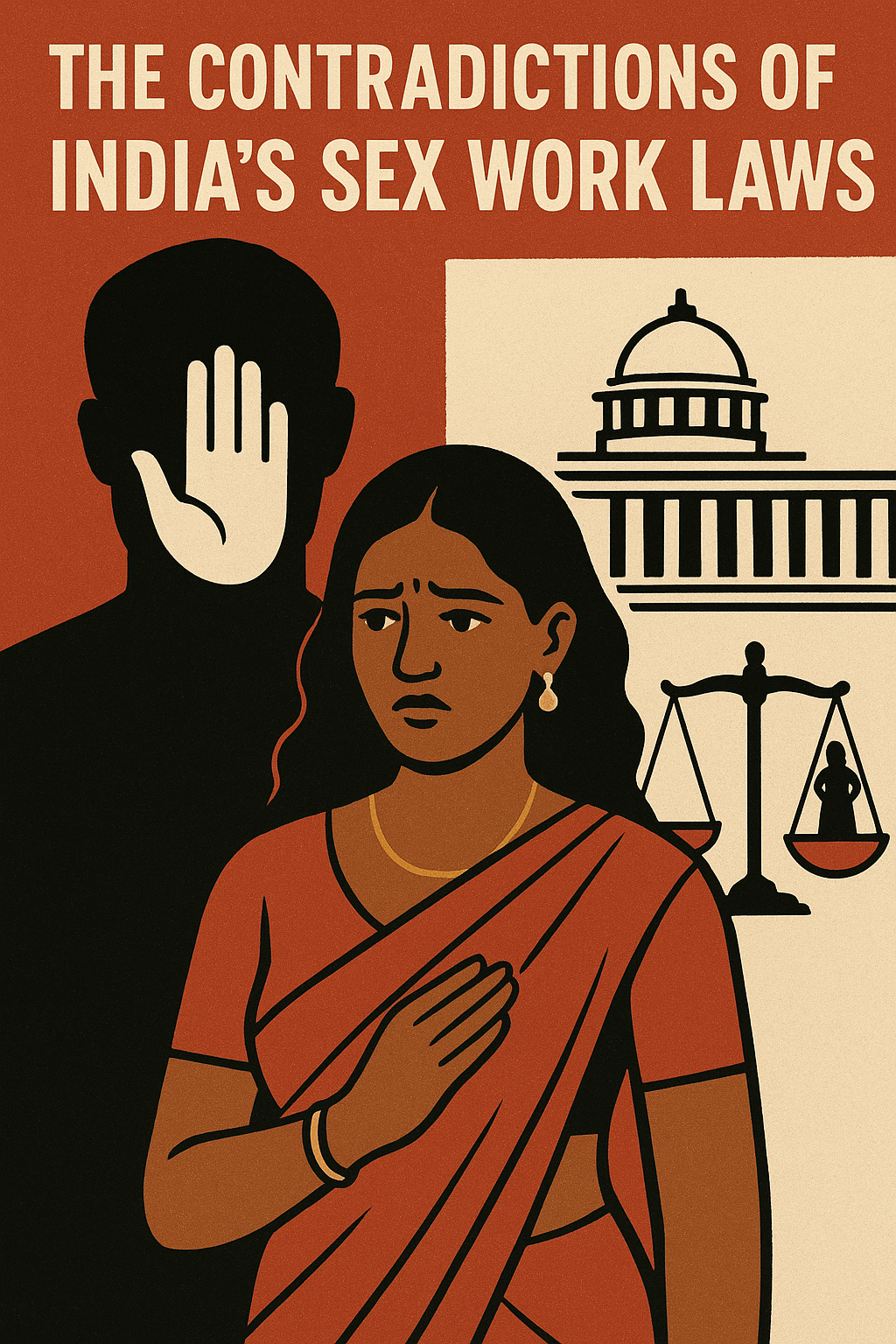



The Negotiable Instrument Act, of 1881 extends to the whole of India. Only a person capable of entering into a contract is competent to make a promissory note, bill of exchange, or cheque. Corporations, minors, drunks, lunatics and people disqualified by any law to which they may be subject, cannot make these instruments. A statute known as the Negotiable Instruments Act was passed in India in 1881, based on English common law to simplify the concept of negotiability in negotiable instruments. The Act also defines when a negotiable instrument in a monetary transaction becomes inoperative and what constitutes money-tort. In the Act, the term “negotiable instrument” takes its natural and literal meaning, as it means a document which can be negotiated. A draft body prepared for amendment of the act and presented to the Ministry of Finance, Government of India, states that “Negotiable instruments include Promissory Note, Bill of Exchange or Cheque, or any other document in such as may be declared by parliament.
A “cheque” is a bill of exchange drawn on a specified banker and not explicitly mentioned to be payable other than on claim and it includes the electronic image of a truncated cheque and a cheque in the electronic form.
This means that the cheque does not specify any other time for payment apart from the moment it is presented. The definition of a cheque has evolved to include modern banking practices, incorporating both the electronic image of a truncated cheque and a cheque in electronic form. A truncated cheque refers to a physical cheque that has been converted into a digital image for electronic processing, which expedites clearing and reduces the need for manual handling. A cheque in electronic form, on the other hand, is created and signed digitally without ever existing as a physical document. This includes electronic signatures and other secure digital methods to ensure authenticity and authorization. The inclusion of these forms reflects the advancements in technology and the movement towards a more efficient, paperless banking system, while still maintaining the legal and functional characteristics of traditional cheques.
Drawer: The person or entity who writes and signs the cheque, instructing the bank to pay a specific amount to the payee.
Drawee: The bank or financial institution on which the cheque is drawn and that is directed to pay the specified amount.
Payee: The person or entity to whom the cheque is made payable and who will receive the payment.
Holder: Any person entitled in their name to possess it and to receive or recover the amount due from the involved parties.
Dishonour of a cheque occurs when a cheque that is issued for the discharge of any legally enforceable debt or other liability is returned by the bank unpaid, either due to inadequate funds in the account of the drawer or if the quantum of the cheque exceeds the sum arranged to be paid from that account by an agreement made with the bank.
A promissory note, bill of exchange or cheque is alleged to be dishonoured by non-payment when the issuer of the note, acceptor of the bill or drawee of the cheque makes a default in payment upon being duly required to pay the same.
The dishonour by non-acceptance could be of any negotiable instrument including a bill of exchange.
When a promissory note, bill of exchange, or cheque is dishonoured, the holder must inform any party who is liable. The notice must be given individually if holding them severally liable and to at least one party if joint liability is pursued. However, the law does not require notifying the maker of a dishonoured promissory note, or the drawee or acceptor of a dishonoured bill of exchange or cheque. This provision ensures that all secondary parties are informed of the dishonour, allowing them to take necessary steps to protect their interests or fulfil their obligations. The notice may be oral or written.
Where any cheque drawn by an individual on an account maintained by him with a banker for payment of any quantum of money to another individual from out of that account for the discharge, in whole or in part, of any debt or other liability, is reimbursed by the bank unpaid, either because of the quantum of money standing to the credit of that account is inadequate to honour the cheque or that it exceeds the quantum arranged to be paid from that account by an agreement made with that bank, such individual shall be deemed to have committed a crime.
The phrase “issuance of a cheque” refers to the act of creating and signing a cheque by the drawer (the person who writes the cheque) in favour of the payee (the person to whom the cheque is payable). In Rangappa vs. Sri Mohan, The Hon Supreme Court of India held that since there was insufficient evidence to establish that the cheque in question was indeed issued by the defendant (drawer), the liability under Section 138 could not be sustained. The case underscored the importance of providing unequivocal evidence of the issuance of a cheque as a prerequisite to pursuing legal action under Section 138 of the Negotiable Instruments Act.
The term “dishonour of cheque” refers to the situation where a cheque presented for payment to the bank is not honoured or is not paid by the bank. In Smt. Ramawati Sharma v. Union of India The Supreme Court held that a cheque stands on a different footing from the promissory note and bill of exchange, and therefore, non-application of Section 138 to instruments other than the cheque is not violative of Articles 14 and 21 of the Indian constitution.
The cheque must be presented within a period of three months from the date on which it is drawn or within the period of validity, whichever is earlier. In Chahal Engg. And Construction Co. v. Verma Plywood Co., It was held that the payee cannot present the cheque again after the cause of action has already arisen, to acquire a fresh cause of action.
It is a chance for the drawer of the cheque to rectify his omission and also to protect an honest drawer. In Dashrath Rupsingh Rathod vs. State of Maharashtra & Anr, The Supreme Court reiterated that compliance with the statutory requirement of giving notice within the stipulated timeframe is essential for maintaining the integrity of the legal process under Section 138.
In Electronics Trade Ltd. v. Indian Technologist Pvt. Ltd. The question before the Supreme Court was whether dishonestly stopping the payment of a cheque issued by a drawer came within the ambit of Section 138. The Supreme Court held, that dishonestly stopping the payment of the cheque, and then failing to pay the amount within 15 days after due notice from the payee amounts to an offence within the meaning of Section 138.
If the sum by way of a cheque is made as a gift or charity, it is not the sum for legally enforceable debt or liability. The dishonour of such a cheque does not attract the provisions of Section 138 of the Negotiable Instruments Act.
The cheque has been given to the bank within a period of six months from the date on which it is drawn or within the period of its validity, whichever is earlier.
For example; If a cheque dated January 1, 2024, is presented for payment after July 1, 2024, this defence is available to the drawer.
The payee or the holder of the cheque claims the sum of the said quantum of money by giving notice; in writing, to the drawer of the cheque, 5 [within thirty days] of the receipt of data by him from the bank regarding the reimburse of the cheque as unpaid.
For example; If the bank informs the payee about the dishonour on July 1, 2024, but the payee sends the notice on August 15, 2024, the drawer can use this defence.
The drawer of such cheque fails to make the sum of the said quantum of money to the payee or, as the case may be, to the holder of the cheque, within fifteen days of the of the said notice.
For example; If the drawer receives the notice on July 1, 2024, and makes the payment on or before July 16, 2024, they can use this defence.
Any such person who commits an offence of dishonour of cheque shall, without prejudice to any other provision of this Act, be punished with imprisonment for a term which may be extended to 2 years, or with a fine which may extend to twice the quantum of the cheque, or with both.
The dishonour of cheque under Section 138 of the Negotiable Instruments Act, of 1881, represents a critical legal issue in financial transactions, governed by specific procedural requirements and legal consequences. When a cheque is dishonoured due to insufficient funds or exceeding the arranged limit, it triggers a series of legal obligations and potential penalties for the drawer.